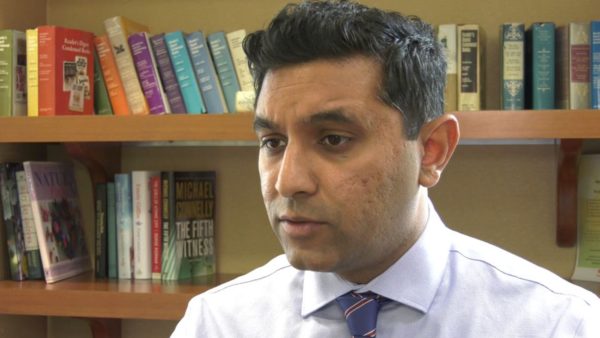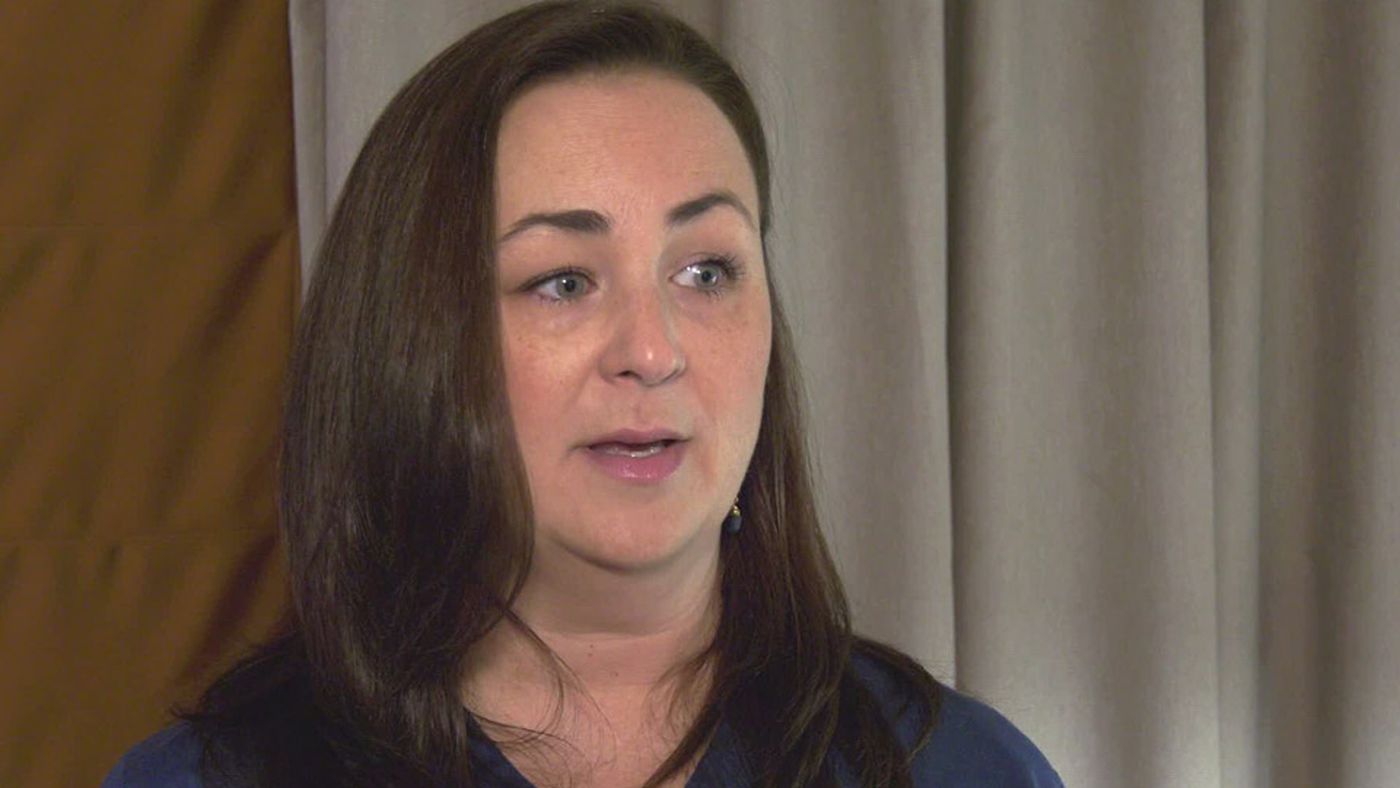
By Caroline Coleburn | December 27, 2019 at 9:05 AM EST – Updated December 27 at 9:43 AM
ALBEMARLE COUNTY, VA. (WVIR) – Approximately 30 percent of Americans are not getting enough sleep, and the National Academy of Sleep recognizes sleep deprivation as a significant public health problem. New research suggests a lack of sleep can lead to early signs of dementia and Alzheimer’s disease.
Doctors at the Sentara Martha Jefferson Sleep Medicine Center are working to correct sleep disorders in adults.
“We’re the first responders to anxiety and depression,” sleep physician Dulip Ratnasoma said.
Restless nights, bad moods, and memory loss are just a few symptoms these health experts see every day.
“We’ve had patients come in that are falling asleep at work, or they feel like they don’t have the energy or the stamina to keep up with their children or their families, they’re not interested in doing things with their friends, because they’re just so fatigued and tired and feel so miserable,” sleep technician Sarah Rosson said.
“Adolescents, shift workers, those working multiple jobs and long hours, long commutes to work at least an hour each way are greatest risk from sleep deprivation,” Ratnasoma said.
Doctor Ratnasoma’s job is to lower that risk and solve sleep problems. He runs the sleep center, which consists of six rooms inside the Hilton Garden Inn in Albemarle County.
“The main things we treat – our bread and butter – are sleep apnea. We also see a lot of neurological problems, and movement disorders – like restless leg syndrome. We see conditions of insomnia, like narcolepsy,” Ratnasoma said.
Patients are hooked up to devices at bedtime, which allow technicians to monitor brain wave movement and breathing throughout the night. These readings are the key to diagnosing sleep disorders. Getting that diagnosis fast is crucial, because if untreated, chronic sleep deprivation can cause false hunger: That leads to overeating, and other serious long term health effects.
“People who are chronically sleep deprived have more increased risk of high blood pressure, increased risk of cardiovascular events, anxiety, depression, and obesity,” Ratnasoma said.
So how do you know if you’re one of the 80 million people nationwide suffering from sleep deprivation?
“Step one would be paying attention to your sleep-awake patterns,” Ratnasoma said.
If you’re snoring, getting up several times in the night to use the bathroom, or constantly exhausted, it might be time to get checked out by a professional.
“Going to see your primary care doctor is a start, because there are several medical conditions which can mimic sleepiness,” Ratnasoma said.
He says the majority of sleep disorders are actually behavioral problems, and the best medicine is changing bad habits: “One thing we focus on in clinic is getting our patients to have a consolidated 7-8 hours of sleep so that they can go through all the stages of sleep and get those more restful deep period of sleep,” the doctor said.
Not completing all four stages of sleep has been found to be a cause of dementia and Alzheimer’s disease.
“Some of the more cutting-edge research is looking at slow-wave sleep, which is our end three sleep and memory formation and cognition, and really the clearance of toxins which are associated with Alzheimer’s, dementia are cleared during some phases of sleep,” Ratnasoma said.
Doctors encourage you to have a set wake time throughout the week.
“Our body often gets disrupted during the weekend – when people sleep in for three or four more hours – can be equivalent to flying a few time zones,” Ratnasoma said.
Folks should also avoid caffeine at the end of the day, and make sure your room is a haven for sleep: “Having a cool bedroom – about 68 degree – and keeping it dark and free from distractions, avoiding blue light exposure in the nighttime is crucial, because that sends an alerting circadiance to our brain,” Ratnasoma explained.
However, don’t panic if you’re not getting enough sleep: “I think we can all function on less sleep than we think we can,” Ratnasoma said.
Experts know these habits aren’t easy, but a good night’s sleep could be right around the corner.
“We can identify the problem, help treat the problem, and then we talk to them later and they feel amazing,” Rosson said.
Children require nine to 10 hours of sleep, while teenagers need at least nine hours, and adults need between seven to eight hours.
If you think you may be experiencing a sleep disorder, you can take an online screening test on the sleep center’s website. You can also call the center to schedule an appointment.
Copyright 2019 WVIR. All rights reserved.
